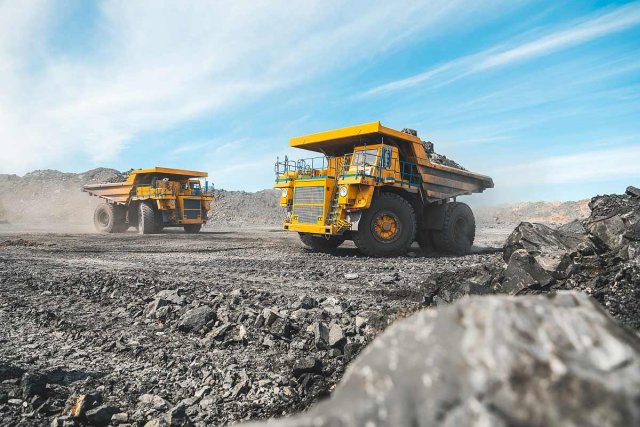
Last week, the Prime Minister announced an auction of 41 coal blocks to virtually anyone who might be interested, with the government removing end-use restrictions and relaxing prior mining experience as bidding criteria. While this is a watershed effort to break the monopoly of the public sector on coal production, legal changes have been made over time since 2015.
The focus on self-sufficiency in this sector is justified; in 2019-20, India imported 243 million tons of coal, about a third of its domestic output of 729 million tonnes, of which Coal India accounted for 602 million tonnes. Imports will only rise as the economy returns to its potential for growth. Of these imports, high-grade metallurgical coal (or coking coal) used to make steel accounts for 50 million tons per year. Coking coal is scarce in India; however, most of the remaining imported coal can be replaced by domestic coal mining. The Center said that commercial mining could save ₹30,000 crore in coal imports, or about one-sixth of India’s coal import bill. .The move is expected to lead to an investment of Rs. 30,000 crore and to exports as well.


































